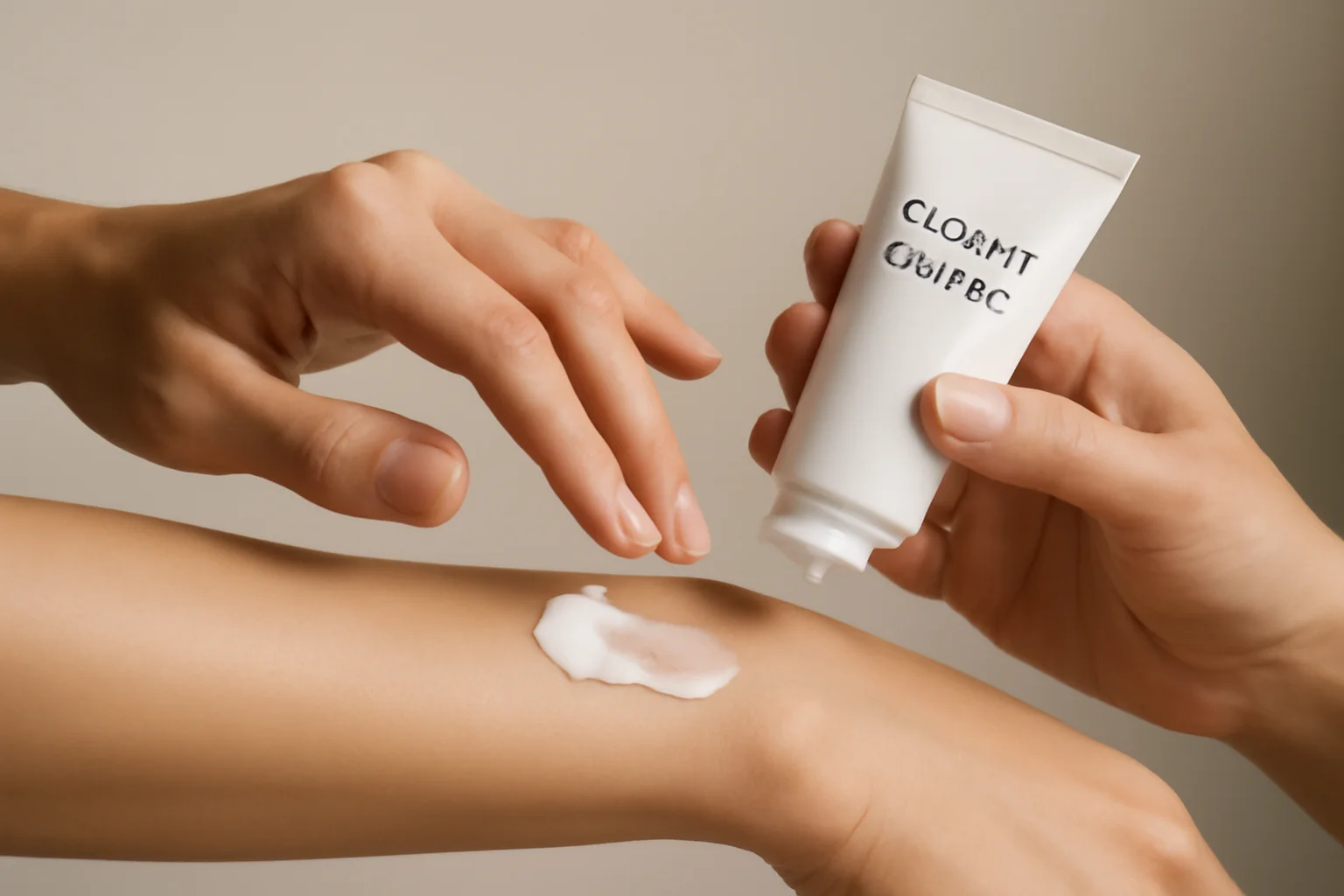
Effective Eczema Creams: What Can Help with Skin Problems?
The health of the skin is a fundamental factor in human well-being, and skin issues such as eczema can significantly impact our daily lives. Eczema, also known as atopic dermatitis, is a chronic skin condition characterized by itching, redness, and flaking. These symptoms can often cause not only physical but also psychological burdens for those affected. To reduce skin irritation and improve the condition, many seek various treatment options, including eczema creams.
Types and Symptoms of Eczema
Eczema, or atopic dermatitis, is one of the most common skin diseases. Symptoms can vary and manifest differently depending on the various types of the disease. The most common forms include eczema that occurs in children, which typically starts in infancy and presents as bumpy, dry, and itchy skin. In adults, red, flaky patches on the skin may also be characteristic.
The severity of eczema can vary; some may only experience mild itching and skin irritation, while others may have a much more serious condition that can cause chronic pain. The inflammation associated with eczema leads to further itching and irritation of the skin surface. Symptoms often appear cyclically, meaning that patients may experience flare-ups from time to time, triggered by various factors such as stress, allergens, or skin dryness.
Components of the Best Eczema Creams
In the treatment of eczema, the effectiveness of creams and ointments greatly depends on their ingredients. To hydrate and protect the skin, it is important to choose products that are rich in nourishing and regenerating substances. Below are the key ingredients that can help improve the skin condition in cases of eczema.
1. **Moisturizing Ingredients**: Hydrating the skin is crucial in the treatment of eczema. Substances like glycerin, hyaluronic acid, or urea help retain water in the skin, preventing dryness. Regular use of moisturizing creams can contribute to strengthening the skin’s protective barrier.
2. **Anti-inflammatory Ingredients**: To reduce skin inflammation, creams often contain ingredients such as corticosteroids or plant extracts like aloe vera or chamomile. These can help alleviate redness and itching, thereby improving the skin’s condition.
3. **Antioxidants**: Antioxidants such as vitamin C, vitamin E, and Q10 can aid in skin regeneration and protection. These substances contribute to the renewal of skin cells and protect the skin from environmental effects.
4. **Emollients**: Emollients like shea butter or jojoba oil are used to maintain the skin’s smoothness. These substances help prevent skin cracking and contribute to maintaining skin hydration.
Understanding the ingredients of eczema creams can help in selecting the right product. It is important to consider the unique needs of your skin and, if possible, consult a dermatologist before choosing the most suitable products.
How to Choose the Right Eczema Cream?
Choosing eczema creams is not a simple task, as it requires consideration of different skin types and needs. Below are some useful tips that can help in finding the right cream.
First, it is essential to always read the product label and pay attention to the ingredients. If you are allergic to certain substances, avoid creams that contain those ingredients. For sensitive skin, it is advisable to choose hypoallergenic products that are gentle on the skin.
Second, it is worth looking for creams that have been clinically tested and recommended by doctors. These products are generally more reliable and may be more effective in treating eczema. Professional recommendations can help in selecting products that are truly effective against skin problems.
Third, the texture of the cream is also an important consideration. Greasier, thicker creams generally provide better hydration, while lighter, more liquid formulations absorb faster. It is worth experimenting with different textures to find the one that suits you best.
Finally, do not forget about the frequency of using the creams. Regular use is essential in the treatment of eczema. It is recommended to apply the cream multiple times a day, especially after bathing when the skin is more prone to dryness.
Choosing the right eczema cream requires careful consideration, but with the right products, we can significantly improve the condition of our skin and our quality of life.
Treating Eczema with Lifestyle Changes
Treating eczema is not limited to the application of topical creams; it may also require lifestyle changes. Certain habits and environmental factors can significantly affect the condition of the skin, so it is worth paying attention to the following suggestions.
First, hydration plays a key role in the treatment of eczema. Consuming an adequate amount of water can help maintain skin hydration. It is important not to neglect daily fluid intake and to ensure that you drink enough water, especially during warmer months.
Second, it is advisable to pay attention to your diet. Certain foods, such as dairy products, eggs, or gluten, can exacerbate eczema symptoms. If you suspect that a particular food may trigger the problem, it is worth avoiding it and possibly seeking the help of a dietitian to adjust your diet.
Third, stress management also plays an important role in treating eczema. Stress and anxiety can often worsen skin problems, so it is beneficial to incorporate relaxation techniques such as meditation, breathing exercises, or yoga into your daily routine.
Finally, do not forget to protect your skin. Avoid very hot baths, and use gentle soaps and shower gels that contain natural ingredients. Synthetic fabrics can also cause skin irritation, so it is advisable to wear clothing made from natural materials, especially in sensitive areas.
Treating eczema is thus a complex task that involves topical treatments, appropriate skin care, and lifestyle changes. With the right approach and conscious choices, we can significantly improve the health of our skin.
**Warning**: This article does not constitute medical advice. Always consult your doctor for health issues.

